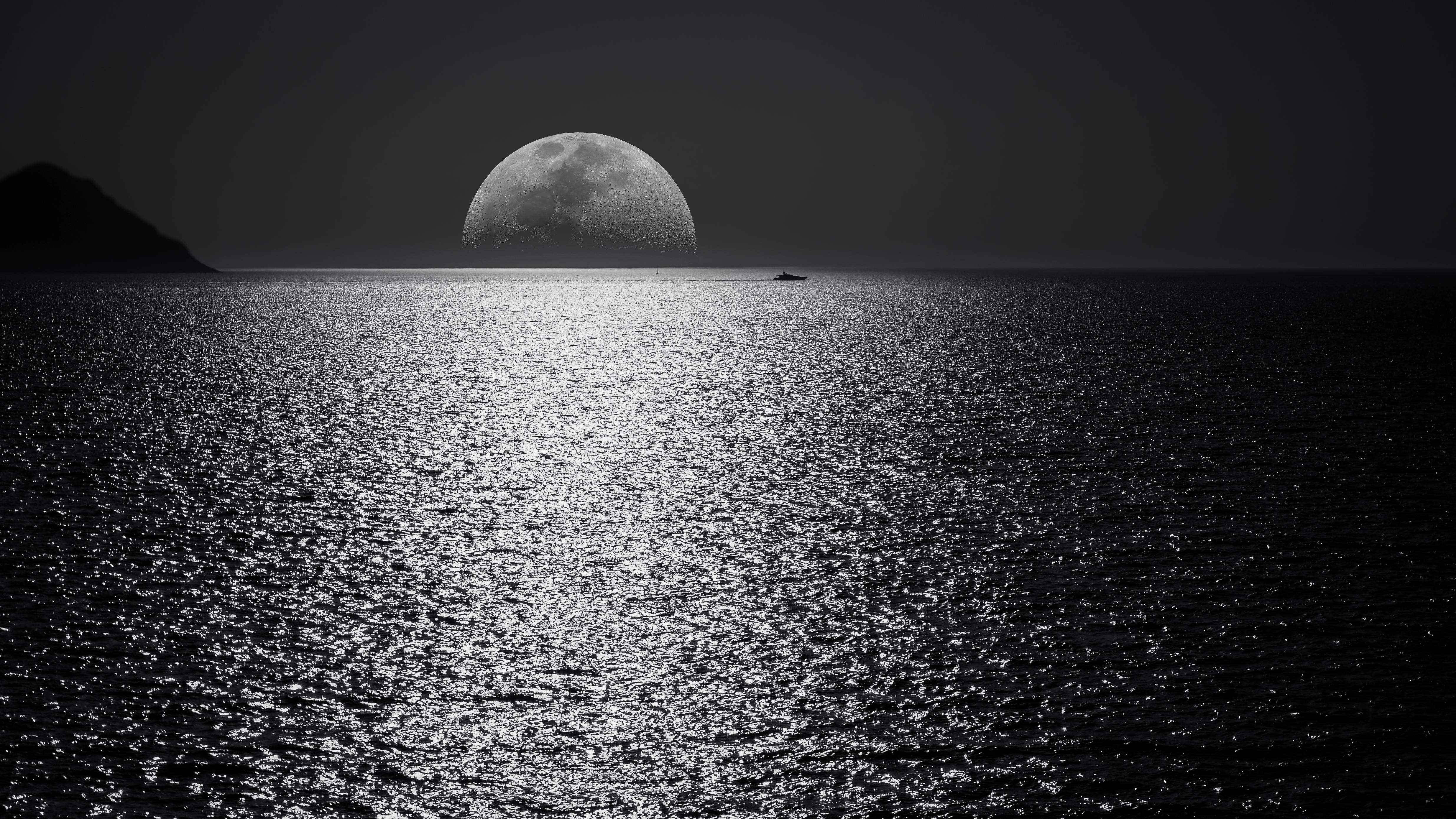All of this more or less happened.
Billy Pilgrim took off in time. Billy Pilgrim is, was and will always be friends with Kilgore Trout, abducted by aliens and a prisoner of war who witnessed the arson bombing of Dresden. Billy Pilgrim survived to tell the story. It is a novel somewhat in the schizophrenic telegraphic way of the tales of Planet Tralfamadore, from which the flying saucers come. Peace.
A review should address the question: What is Slaughterhouse-Five? Slaughterhouse-Five is not an anti-war book. Vonnegut exposes his position in chapter one, “that writing a book against war is like writing a book against glaciers”, both efforts being useless, since both phenomena are unstoppable. Slaughterhouse-five is not just science fiction, the author keeps the protagonist rooted in existential reality. It’s certainly not funny, how can a massacre be funny? It’s a funny book you can’t laugh at, sad book without tears. The best way out would be to go and read the book of course. So why the review?
Why?
“That’s a very earthy question to ask Mr. Pilgrim. Why you? Why us? Why anything? Because this moment just is. Have you ever seen insects trapped in amber?”
“Yes”. Billy actually had a paperweight in his office that was a polished amber stain with three ladybugs embedded in it.
“Well, here we are, Mr. Pilgrim, caught in the amber of the moment. There’s no reason.”
Vonnegut explores the themes of fatalism and irrationality in his somewhat meta-fictional and postmodern account (whatever that means). The encounter with the aliens leaves Billy Pilgrim more used to “no free will”.
On average, 191,000 new babies are born every day in the world. The Population Reference Office predicts that the world’s population will double to 7,000,000,000 by the year 2000.
“I guess everyone wants dignity,” I said.
“I guess,” O’Hare said.
Most of humanity is insignificant. They do what they do, because they must. This is how the moment is structured. For the Tralfamaldorians, everything exists simultaneously. They suffer wars, tragedies, and setbacks just like Earthlings, but they choose to focus on the happy moments. Human action is irrational. Wars have been and will always be there. There is one thing Earthlings could learn to do, if they tried hard enough. Ignore the horrible times and focus on the good ones.
My favorite character in the book, by far, is author Kilgore Trout. Vonnegut’s alter ego, Trout writes about the madness of humanity in his own highly fictional style. I have this notion that all the great works of science fiction are the ones that are most deeply rooted in reality (Asimov, etc.). Pure fiction would be too boring. According to Trout, the gospels teach us: Before killing someone, make sure they are not well connected.
The flaw in the Christ stories, said the visitor from outer space, was that Christ, who didn’t seem like a big deal, was actually the sun of the most powerful being in the Universe. Readers understood that, so when they got to the crucifixion, they naturally thought, and Rosewater read again:
OMG, they sure got the wrong pick to lynch that time!
And that thought had a brother: “There are suitable people to lynch.” Who? People who are not well connected. So it goes.
[From the Gospel From Outer Space by Kilgore Trout]
The destruction and oppression of war dominate the book. Inhuman suffering and pervasive destruction, poverty and deprivation haunt Billy Pilgrim’s soul. Amid all this brutality and suffering, the death of Edgar Derby underscores the strangeness of our actions. It takes time to punish a man. However, time is taken, and Vonnegut takes the bird’s outward opinion by asking, “Poo-tee-weet?” The same song of the birds ends the novel God Bless You, Mr. Rosewater, when the protagonist gifts his fortune to the plaintiffs of hundreds of false paternity lawsuits that are brought against him.
Billy Pilgrim is depressed and suffering, suffering from his own unchanging destiny, the obscenity that permeates the fabric of society, human desire also rots away all the evil in the world through the use of nuclear bombs. Billy Pilgrim never cried during the war. However, when he saw the condition of the horses carrying the American prisoners of war, he burst into tears. Later in life, Billy cried very little, though he often saw things worth crying about, and in that sense he at least resembled the Christmas Carol:
The cattle bellow,
The baby wakes up.
But little lord Jesus
He does not cry he does
In all his moments of torment, Billy Pilgrim always found comfort in one thing:
God grant me
The serenity of accepting
The things that I can’t change
Courage
To change the things that I can
And wisdom always
To tell the
Difference.
I do not believe in God. So it goes.
Sukrit aggarwal
PS: If you visit Cody, Wyoming, don’t forget to ask for Wild Bob.
Rosewater said something interesting to Billy once about a book that was not science fiction. He said that all there was to know about life was in Fyodor Dostoevsky’s The Brothers Karamazov.
“But that’s not enough anymore,” Rosewater said.
Credits: Material in italics is Vonnegut’s genius. The other rudimentary misunderstandings are all my own.


